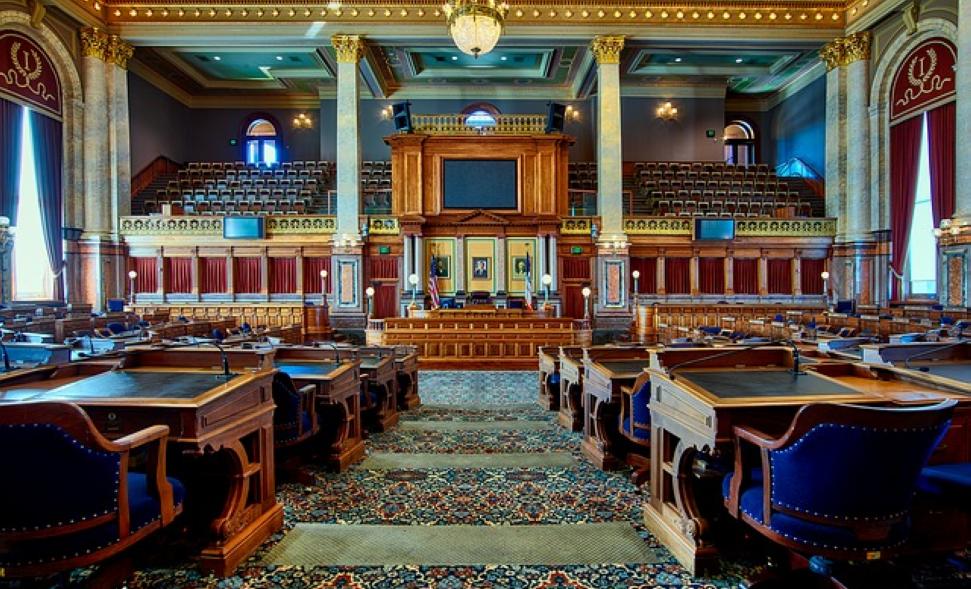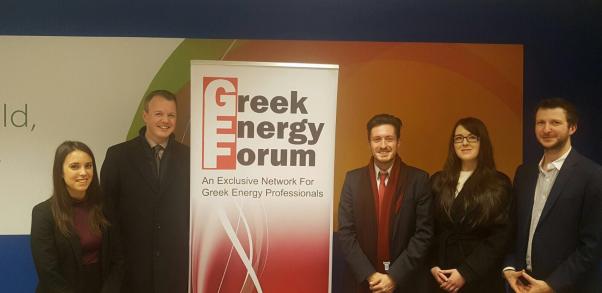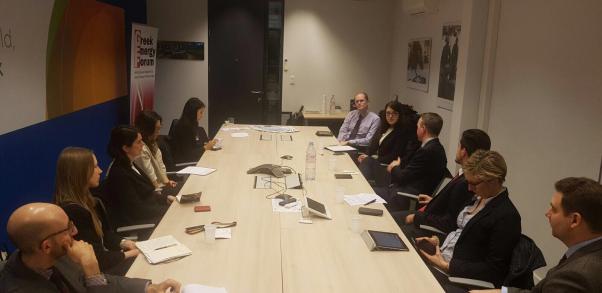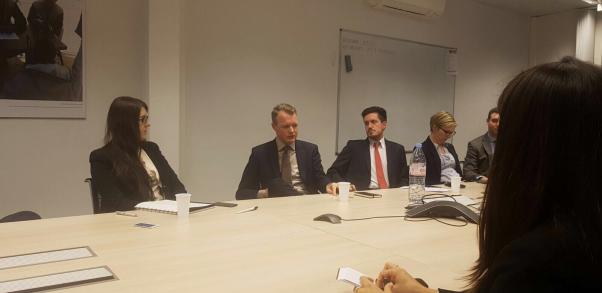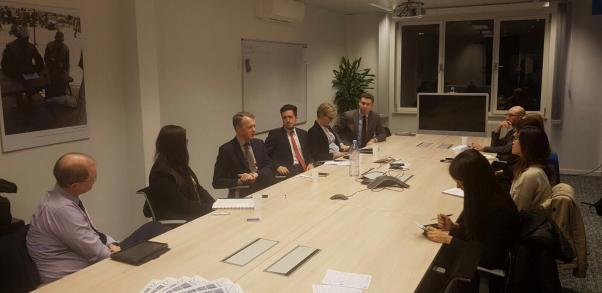A conversation with Dr. Tim Boersma, Senior Research Scholar, Center on Global Energy Policy, Columbia University (NY)
The result of the US elections represents a political earthquake that has shocked the very core of the global system. Its effects are already reverberating across Europe, where the continent faces multiple internal and external challenges from the state of the economy, to migration, terrorism and energy and climate security.
For more than 70 years, the foundation of the transatlantic alliance has relied on the belief and sharing of common values and the principles of multilateralism, trade and cooperation. In ‘the Age of Trump’, despite continued mixed signals, it is widely believed that the US will become more inward looking, expecting its allies to take care of their own business. As the US seems set to employ a more isolationist approach vis-à-vis its relations with the European Union (EU), this event seeks to explore the implications of the new world (dis)order on energy and climate policy from a transatlantic perspective.
Join us for this (off-the-record) roundtable discussion with Dr. Tim Boersma of the Center of Global Energy Policy, Columbia University (NY). We look forward to seeing you.
Speaker's Bio
Dr. Tim Boersma is a Senior Research Scholar at the Center on Global Energy Policy. Prior to joining CGEP, Dr. Boersma was a Fellow and Acting Director of the Energy Security and Climate Initiative at the Brookings Institution. From 2011 to 2012, he was a Transatlantic Academy fellow in Washington, D.C. In 2014, Boersma co-authored "Want, Waste, or War? The Global Resource Nexus and the Struggle for Land, Energy, Food, Water, and Minerals", published by Earthscan. In 2015, he published "Energy Security and Natural Gas Markets in Europe: Lessons from the EU and the United States” in the series Routledge Studies in Energy Policy. His research focuses on energy policy coordination, unconventional natural gas extraction, gas market integration, liquefied natural gas, and energy diplomacy. Before starting his career in research, Boersma spent five years in the private sector, working as a corporate counsel to the electricity production sector in the Netherlands. Boersma holds a PhD in International Relations from the University of Groningen.
